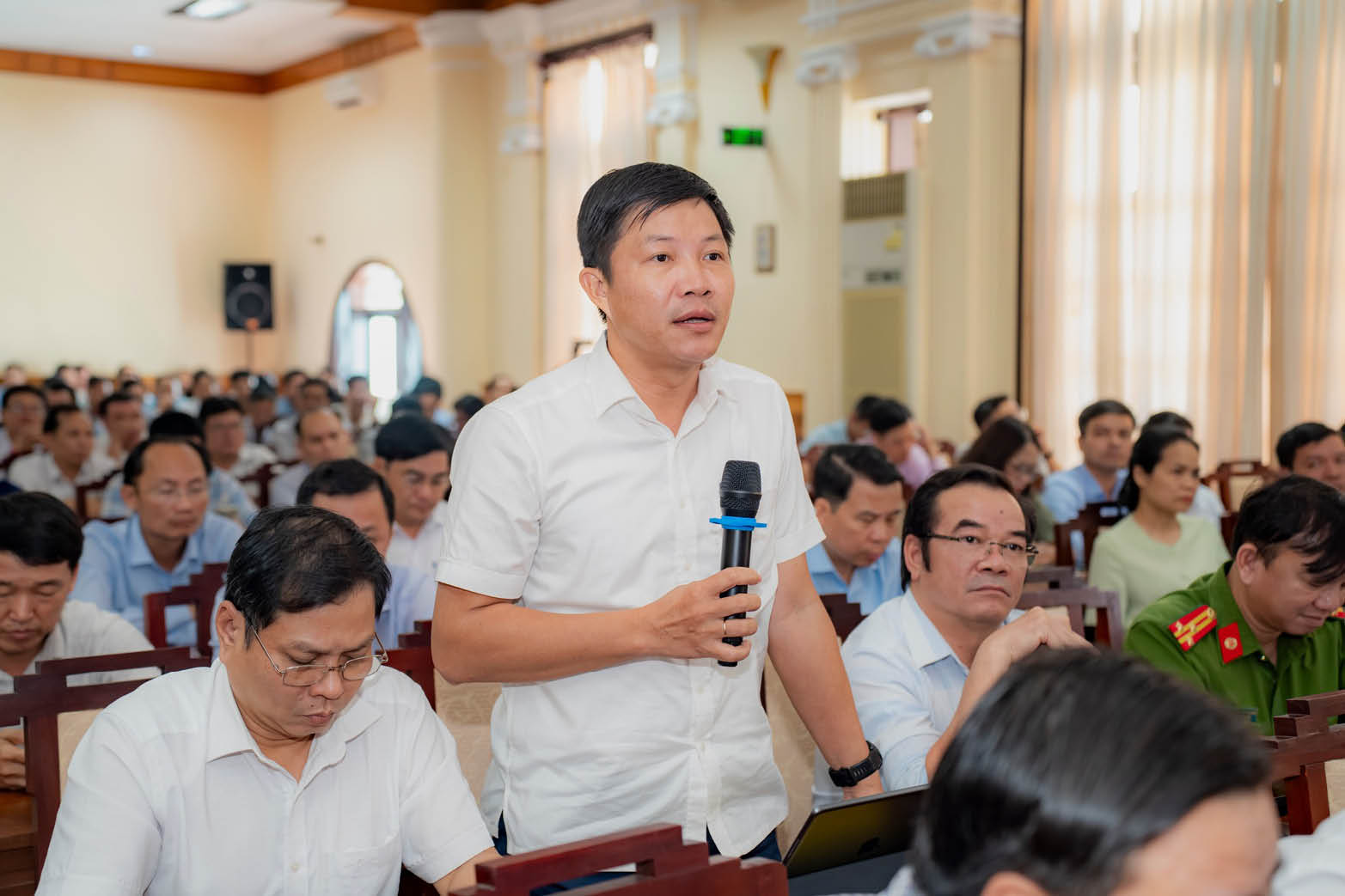 |
| Mr. Le Van Cuong, Secretary of Phu Bai Ward Party Committee, spoke at the Conference on implementing the 2-level local government model of Hue City. |
Rights come with responsibilities
The Law on Organization of Local Government (amended) passed by the 15th National Assembly on June 16, 2025 has opened new doors for decentralization and delegation of power. The provisions clearly stipulate the authority and responsibility of each level of government. The law not only creates a broader legal corridor but also sets out requirements on the capacity to govern, supervise and control power.
Ms. Nguyen Thi Suu, Deputy Head of the National Assembly Delegation (NAD) of Hue City commented: “This law takes a big step forward in clearly establishing the role of the provincial and municipal levels, while reducing the request-grant mechanism. However, for the law to come into effect, localities need to quickly prepare in terms of personnel, organization and implementation mindset.”
At the 9th Session of the 15th National Assembly, many National Assembly deputies proposed establishing a mechanism to periodically evaluate the effectiveness of decentralization and delegation of power, and even boldly adjust it if it is deemed inappropriate. Power must be placed under control, to both promote initiative and ensure unified state management.
From a business perspective, Mr. Nguyen Van Tuan, director of a construction investment company in Hue, assessed that administrative procedures in the construction sector have improved significantly in recent times, especially in the stage of receiving and processing documents. However, he hopes that when the new decentralization and delegation mechanism is implemented synchronously, the stages that still require consultation from many departments and branches will be shortened, helping the city proactively make faster decisions on items under its authority.
According to Ms. Nguyen Thi Suu, this is a "policy transition" period so it is difficult to avoid shortcomings, but if localities proactively review and propose adjustments, this gap can be filled faster. The key point is that decentralization and delegation of power must be associated with resource allocation. The State Budget Law, the Public Investment Law and related documents need to be synchronized with the Law on Organization of Local Government so that "power" really comes with "force".
When "power" becomes "force"
Since April 2025, Hue City has issued many important documents to "lock" the decentralization and delegation mechanism. Notable among these are Decision 36/2025/QD-UBND decentralizing and authorizing many areas of state management to the ward and commune levels; New regulations on assignment and decentralization of urban planning and construction order management issued by the Department of Construction; Resolution 11/2025/NQ-HDND regulating the decentralization of revenue sources, expenditure tasks and budget allocation ratios among government levels, effective from July 1; and many decisions on infrastructure progress, requiring investors to complete mandatory housing items in the project.
These documents are not just regulations on paper, but have been quickly transformed into concrete actions. Under the new mechanism, a series of tasks that previously had to "go upstream" to the city for approval have now been assigned to the ward and commune levels for handling. From approving small infrastructure investment items such as internal roads, lighting systems, and drainage systems for residential areas; managing and maintaining public works; granting construction permits; to checking and handling violations of construction order and environmental sanitation... are all brought closer to the people, helping to make decisions quickly and closely to reality.
Deputy Secretary of the City Party Committee and Chairman of the Hue City People's Committee Nguyen Van Phuong emphasized that this move has significantly shortened the time for processing procedures in many areas. "When wards and communes are clearly empowered, people and businesses no longer have to wait for many levels. Any problems that arise are resolved right there, saving time and improving service efficiency," said Mr. Phuong.
The city leaders also frankly admitted that delegating power does not mean everything will go smoothly immediately. The capacity of grassroots cadres needs to be improved.
Accordingly, implementing the Party and State's policy on administrative reform, streamlining the apparatus and improving the quality of the staff, especially at the commune level, where most of the newly assigned tasks are directly carried out, the People's Committee of Hue City has assigned the Department of Home Affairs to conduct a comprehensive review and assessment of the communal-level civil servants. The assessment is based on specific criteria such as professional qualifications, capacity to perform public duties, problem-solving skills and the level of meeting the requirements of each job position.
In addition, the city will organize specialized training courses and conduct examinations for commune-level civil servants to both improve capacity and create an objective basis for personnel arrangement and reorganization. The results of the review and examination will also be used to streamline the payroll according to regulations, ensuring a lean but effective apparatus.
Source: https://huengaynay.vn/chinh-tri-xa-hoi/phan-cap-phan-quyen-tu-chinh-sach-den-thuc-tien-157706.html


![[Photo] Panorama of the Patriotic Emulation Congress of Nhan Dan Newspaper for the period 2025-2030](https://vphoto.vietnam.vn/thumb/1200x675/vietnam/resource/IMAGE/2025/11/04/1762252775462_ndo_br_dhthiduayeuncbaond-6125-jpg.webp)


![[Photo] Ca Mau "struggling" to cope with the highest tide of the year, forecast to exceed alert level 3](https://vphoto.vietnam.vn/thumb/1200x675/vietnam/resource/IMAGE/2025/11/04/1762235371445_ndo_br_trieu-cuong-2-6486-jpg.webp)
![[Photo] Ho Chi Minh City Youth Take Action for a Cleaner Environment](https://vphoto.vietnam.vn/thumb/1200x675/vietnam/resource/IMAGE/2025/11/04/1762233574890_550816358-1108586934787014-6430522970717297480-n-1-jpg.webp)
![[Photo] The road connecting Dong Nai with Ho Chi Minh City is still unfinished after 5 years of construction.](https://vphoto.vietnam.vn/thumb/1200x675/vietnam/resource/IMAGE/2025/11/04/1762241675985_ndo_br_dji-20251104104418-0635-d-resize-1295-jpg.webp)


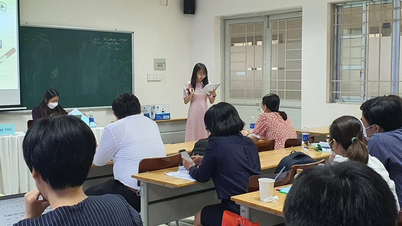



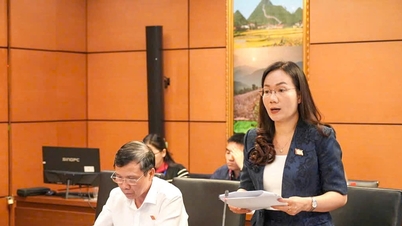

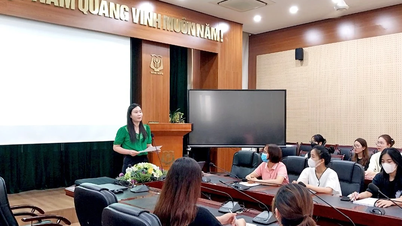




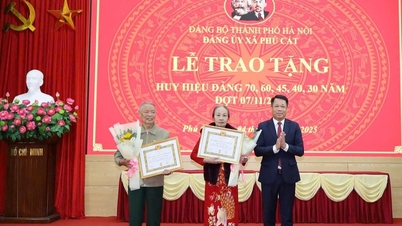










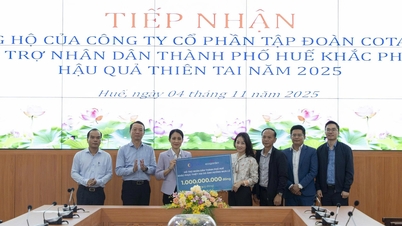



























































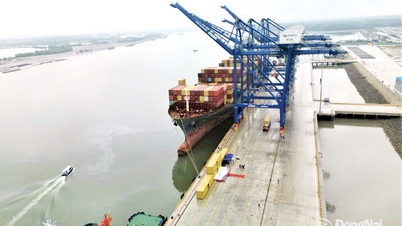















Comment (0)